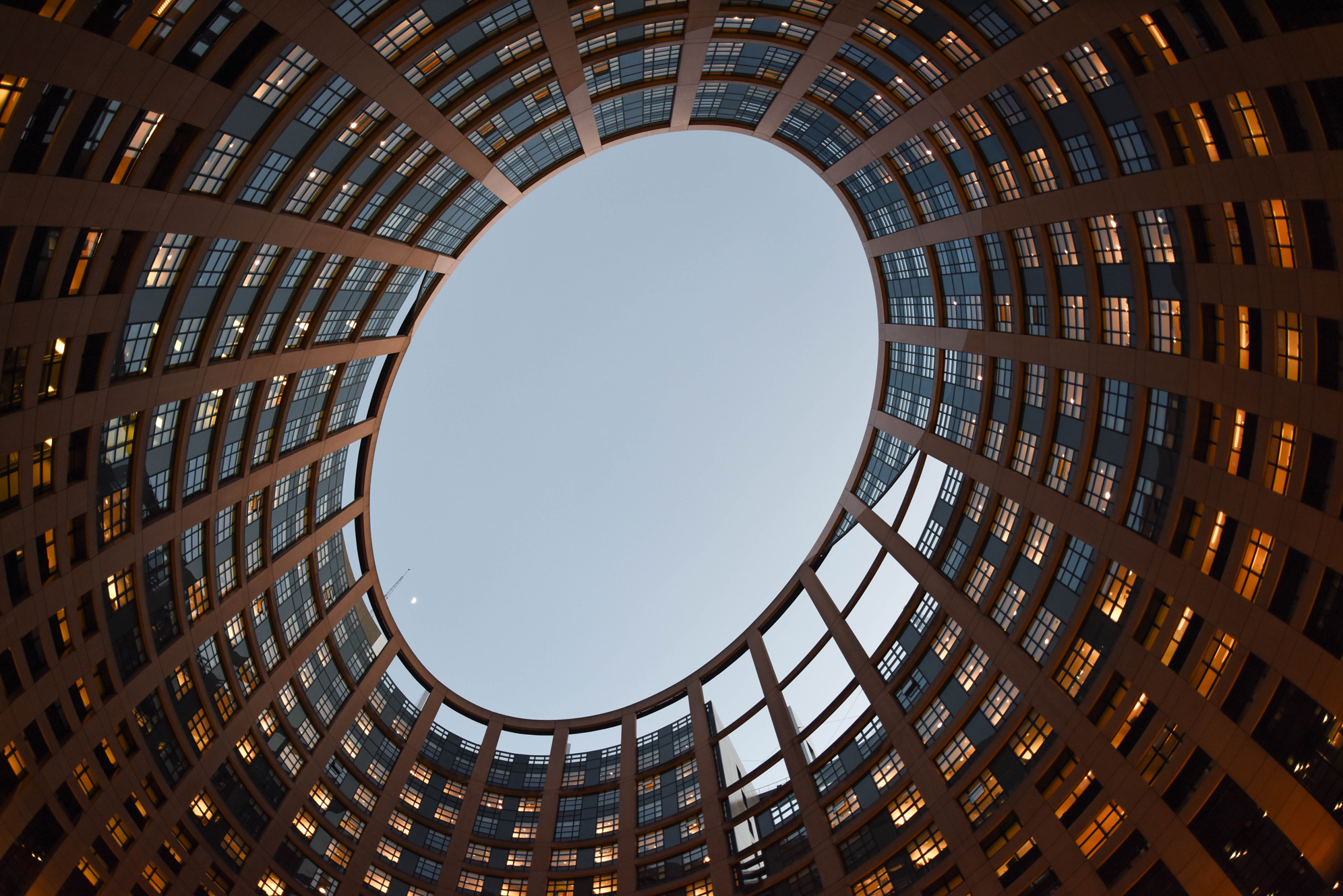REFLECTION
Let us hope that man (as citizen and European) will not deny himself by deconstructing all that has been built for his own good and for the peace of mankind. That same peace that for Pope Francis (in his address to participants in the Conference “(Re)thinking Europe” of October 2017) must become a promise capable of sowing the seeds of a veritable culture of peace that overcomes falsehood and fears and replaces it with the advancement – the Pope said – of “authentic human relationships that require the pursuit of justice, without which oppression becomes the rule in any community”

Among the hundreds of aphorisms on peace posted on the web there is one by Gianni Rodari that says: “In the city of falsehood truth is a disease.” “Contracting the truth disease” resonates as a major paradox at a time of “open” communication marked by an infinite availability of content, of information transparency, of exasperated participation. Digital culture tears down walls, loosens journalistic mediation filters, disintermediates those bodies that had managed the flow and agenda of themes prior to the onset of the digital era. Yet the truth is constantly being questioned by the obsessive emergence of fake news, of pseudo-facts that undermine the very concept of democracy today. In fact, to a certain extent fake news make us ill by distorting and weakening our conscience and our knowledge, to the point of giving rise to another paradox of online communication, defined as “functional illiteracy”, namely the failure to distinguish what is real from what is fabricated. This cognitive deficit represents an ever-expanding social disease especially with regard to major contemporary issues. Scapegoats and fears are propagated to the extent of being used, in most cases, as the yardstick of opinions and – in the worst cases – they are the root cause of certain behaviours. News reports linked to the dissemination of falsehood are increasing every day, at least in the sphere of journalistic narrative. Criminal activity, episodes of racism, outbursts of hatred, form the obscure mosaic representing the chronicles of the past months. They not only affect the perception of those who read, listen to and share those news items. They also impact concrete decisions, including voters’ choices. In fact
it is no coincidence that the debate on fake news has hit the headlines as European Parliament elections draw near.
Next May, millions of people will express their choices. In other words, they will take on the responsibility to renew a Parliament created to reaffirm and transmit norms, values, institutions, within the framework of cooperation and like-mindedness. Community Europe was created for this purpose: to “unite” – not only de jure but chiefly de facto – a collective identity born of differences which developed on the basis of shared policies and goals.
In the light of the above the upcoming European elections are a watershed, a litmus test to understand today’s Europe. Or rather, to understand what Europe intends to be: an extraordinary example of shared policies, free participation, sincere and constructive dialogue or a land of conflict where we turn our backs to others instead of welcoming them and learning more about them? We shall see. In the meantime we must be aware that who we are in our daily lives is intertwined with who are online. Similarly, that identity is reflected when we go to the polls and in all our actions – more or less important – that make us builders of societies and agents of culture and ideas. Let us hope that man (as citizen and European) will not deny himself by deconstructing all that has been built for his own good and for the peace of mankind. That same peace that for Pope Francis (in his address to participants in the Conference “(Re)thinking Europe” of October 2017) must become a promise capable of sowing the seeds of a veritable culture of peace that overcomes falsehood and fears and replaces it with the advancement – the Pope said – of “authentic human relationships that require the pursuit of justice, without which oppression becomes the rule in any community”.